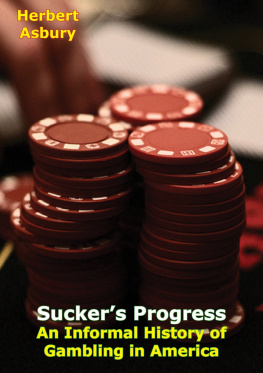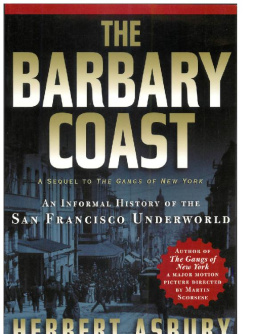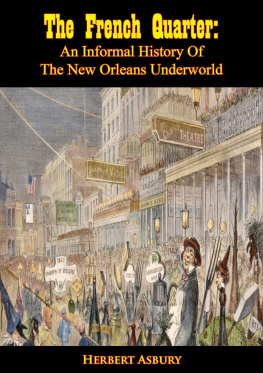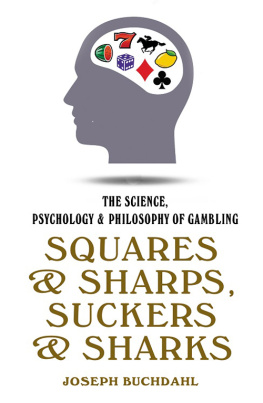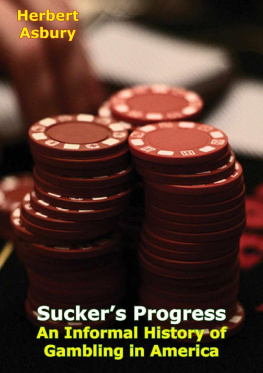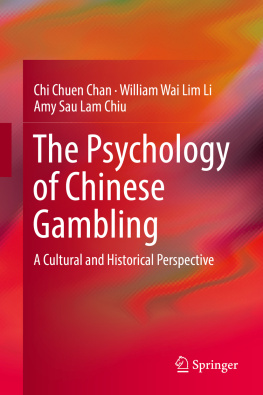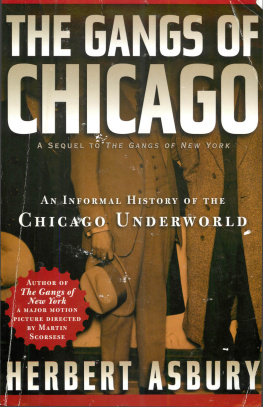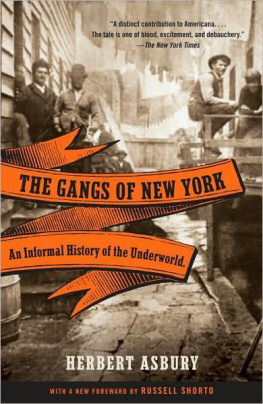

This edition is published by PICKLE PARTNERS PUBLISHINGwww.pp-publishing.com
To join our mailing list for new titles or for issues with our bookspicklepublishing@gmail.com
Or on Facebook
Text originally published in 1938 under the same title.
Pickle Partners Publishing 2016, all rights reserved. No part of this publication may be reproduced, stored in a retrieval system or transmitted by any means, electrical, mechanical or otherwise without the written permission of the copyright holder.
Publishers Note
Although in most cases we have retained the Authors original spelling and grammar to authentically reproduce the work of the Author and the original intent of such material, some additional notes and clarifications have been added for the modern readers benefit.
We have also made every effort to include all maps and illustrations of the original edition the limitations of formatting do not allow of including larger maps, we will upload as many of these maps as possible.
TABLE OF CONTENTS
Contents
SUCKERS PROGRESS:
AN INFORMAL HISTORY OF GAMBLING IN AMERICA
BY
HERBERT ASBURY
DEDICATION
TO
HELEN WOODWARD
WHO SUGGESTED IT
ILLUSTRATIONS
Faro Apparatus
Marked Cards of the 1840s
The Banco Skin
A Kentucky Lottery Ticket of 1841
A Lottery Wheel of the 1830s
A Fake Lottery Office
Lottery Advertisements from The Charleston Courier, April 13, 1844
Report of a Drawing of a 78-Number Lottery About 1840
A Policy Shop of the 1890s
Al Adams, the Policy King, Leaving the Tombs for Sing Sing
A Policy Player of the 70s
Trouble in a New York Gambling House in the 1860s
Pendletons Lady Lobbyists Practicing Their Arts
Three of a Kind Beat a Statesman
Beau Hickman
An Early Washington Gambling House
Faro Room in the Hall of the Bleeding Heart
A Raid on a New York Gambling House in the 1860s
A Low Class Gambling Den of the 1850s
The New Orleans Levee in the Late 1850s
A Wicked Game on One of the Old Mississippi Steamboats
Henry Wyatt
Canada Bill Disguised as a Rustic
Canada Bill Trimming a Sucker at Three-Card Monte
Officer Geo. S. McWatters
A Raid on an Early Gambling House at Fort Wayne, Ind.
This Elaborate Establishment Flourished Around 1900
Mike McDonald
Two Famous Chicago Gamblers: Silver Bill Riley and Jim OLeary
El Dorado in 1850
A Gambling House in Santa F, 1859
Denver, 1859
The Famous Hurdy-Gurdy House in Virginia City, Montana, 1865
Fair Ones at FaroA Womens Gambling Saloon, New York
A Gambling House in Washington in the 1870s
Secret Vault in the Gambling House at No. 818 Broadway, New York
The Female Gambler and Her Little Game in a Pullman Stateroom
Robert J. (Doc) Slater
John Morrissey
The House with the Bronze Doors, New York, in the 1890s.
The Canfield Gambling Palace
PART ONE
CHAPTER IFARO
DESPITE the proverbial ingenuity of the Yankee, he has never created a gambling game of the first rank; in this particular field his inventiveness has been confined to variation and adaptation. All of the famous short card, dice and banking games upon which the American gambler has relied for his big killings, even such traditionally American institutions as Faro, Poker, and Craps, are of foreign origin, and only a few were known in the United States before the beginning of the nineteenth century.
The genesis of Faro, for nearly three hundred years one of the most popular of all banking games, is uncertain, and is quite likely to remain so. It appears, however, to have been derived by French gamblers from the Venetian game of Basetta and the Italian Hocca, both of which, in turn, were adaptations of the German Landsquenet, played in the camps of the Teutonic foot-soldiers as early as 1400. Faro was a popular game in Paris before the middle of the seventeenth century, and under the name of Pharao or Pharaon so called because the backs of the early French cards bore a picture of an Egyptian kingit was played extensively in France until 1691, when Louis XIV prohibited it by royal decree. The game was revived during the latter part of that monarchs reign, and was once more in full favor during the Regency of the Duke of Orlans, who gained control of the French throne upon the death of Louis XIV in 1715. The revival was due principally to John Law, the celebrated Scottish adventurer, whose phenomenal success at the gaming tables of Brussels, Vienna and other European capitals had earned him the nickname of King of the Gamblers. Law arrived in Paris in 1708, set up a Faro bank at the home of the actress Duclos, and won 67,000 pounds sterling before the French police concluded that he was a suspicious character and ordered him to leave the country. He returned in 1715, and the Duke of Orlans, as Regent of France, adopted his famous financial and colonization schemes, with Louisiana as the bait, which threw all France into an orgy of gambling and speculation. French historians record that nothing went on in Paris except eating, drinking and gambling with fearful stakes. Fortunate speculators in the shares of the Mississippi Company, believing their sources of income to be limitless, gambled at Piquet with bank notes of 100,000 livres as if they were only ten-sou pieces; and in one night the Duchess of Berry lost the incredible sum of 1,700,000 livres at Faro, and apparently thought nothing of it.
Faro was played in England soon after it had become popular in France, and was probably introduced by the roystering blades who had shared the French exile of Charles II. The change in spelling, from the French Pharaon to the English corruption Faro, occurred soon afterward, when the game began to make headway among the common people. Throughout the reign of Charles II Faro was one of the favorite diversions of the ladies and gentlemen of his court, who gambled for huge stakes; it is recorded that Lady Castlemaine, one of Charles mistresses, won 15,000 pounds in a single night, and on another occasion, in February, 1667, lost 25,000 pounds in a similar length of time. Faro retained its hold upon the affections of English gamesters until it was specifically prohibited by Act of Parliament in 1738.
The game then declined rapidly, and Edmund Hoyle, in his famous book on games published a few years before his death in 1769, remarked that Faro was played but little in England, and that it was purely a game for winning and losing money. A new period of popularity for Faro began about 1785, when the gambling houses of London installed the game, and a Faro bank became the principal attraction at the routs and other entertainments of the English nobility. For more than two decades around the turn of the nineteenth century advertisements such as this, from the London Courier of March 5, 1794, were not uncommon:
As Faro is now the most fashionable circular game in the haut ton, in exclusion of melancholy Whist, and to prevent a company being cantoned into separate parties, a gentleman, of unexceptionable character, will, on invitation, do himself the honor to attend the rout of any lady, nobleman, or gentleman, with a Faro Bank and Fund, adequate to the style of play, from 500 to 2,000 guineas.
Address G. A., by letter, to be left at Mr. Hardings, Piccadilly, nearly opposite Bond-Street.
Next page
